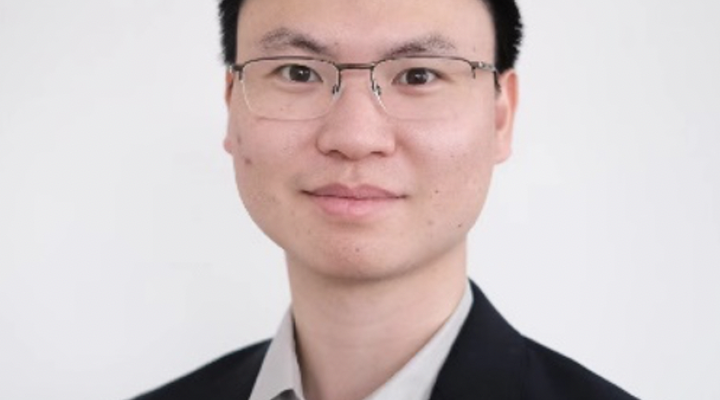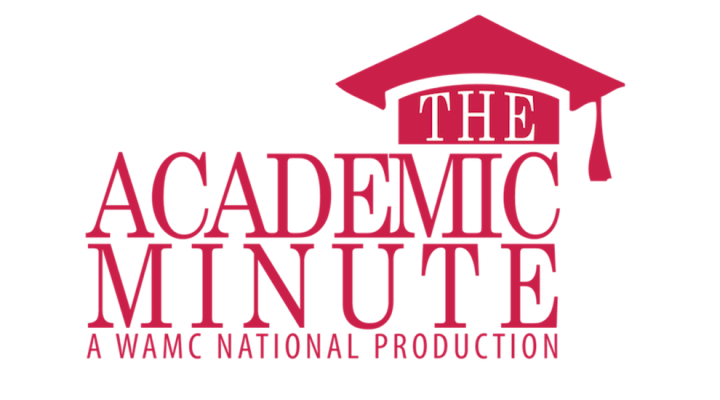What’s it like to move from Bangkok, Thailand, to Beaver Dam, Wisconsin, as a teenager? Ask Jin Suntivich. “It’s interesting--you’re going from a city of few millions to a small of town of twenty thousand people. So, in some sense, the small population and the snowy winter in Ithaca is something I am very familiar with,” Suntivich says with a smile. Even the weather in North America hasn’t brought him down. After taking turns living in Chicago, Boston, and now Ithaca--places not exactly known for their temperate climates--Suntivich is sanguine. “I like it, I’ve picked up snowboarding,” he says. “Just like life, winter is as good as you can make it.” Suntivich’s sunny outlook extends to all facets of his life, particularly his research in oxide catalysis materials science, which he talks about with the enthusiasm of a true believer. “I did a lot of research as an undergrad, and that’s where I really fell in love with pushing the boundary of science.”
His undergraduate research involved work on understanding how to obtain carbon nanotubes with specific optical properties, and the experience sparked an interest in surface chemistry and the drive to pursue graduate school. Suntivich went to MIT to pursue his Ph.D. in Materials Science and Engineering, and a post-doc at Harvard. His work focused on oxides in catalysis, which had not been investigated heavily at that point. “I was looking for a way to transform chemicals to more useful products,” says Suntivich. Not only that, he developed an interest in energy storage through the concept of this chemical conversion, with the hope of creating alternative fuel sources for cars. “We need to step away from unsustainable resources, but it has to make sense economically,” Suntivich says. “Utilization of fuels via electrochemistry can be much more efficient.”
The ideal would be to electrochemically break down oxygen or water into hydrogen, however the research hasn’t yielded a commercially viable method yet. “The jury is still out on how to do this,” says Suntivich. “We can only provide technological options to realize this and trust the economics to do the rest.” Currently the process is still too inefficient and cost-prohibitive, and Suntivich wants to use new materials made of oxides to improve it. “Right now we don’t have a good understanding of how to design oxides for water splitting. If someone says, ‘I want to build a building or a computer’, there are guidelines for how to choose or build the right materials,” says Suntivich. “For energy, it’s not so easy—We don’t have the ability to say, ‘I want a battery that does this, let me good look up the guidelines’.” His research at Cornell seeks to fulfill this gap – to see how oxides can be the right building blocks.
Again, Suntivich’s enthusiasm doesn’t stop at his academic pursuits. His love of snowboarding, which has come in handy in his various wintery homes, originally sprang from the feeling he got in New England that “you should be doing something outside.” In addition, he also took up hiking and biking. He also developed a passion for photography. “I try to see relationships between objectives and construct an image that conveys a story based on those relationships,” he says. “Except, I have found that my story is mostly misunderstood, which means that I am clearly not translating the message in my head out to the photographs efficiently enough!” Nonetheless, he enjoyed the experience, particularly the pensive process of developing film in the darkroom. Baking is another key pastime—however, after receiving a French cookbook from a friend; Suntivich opted out of the more time-consuming recipes. “When a dish takes more than two hours to make, I think I should probably order out.” he says.




